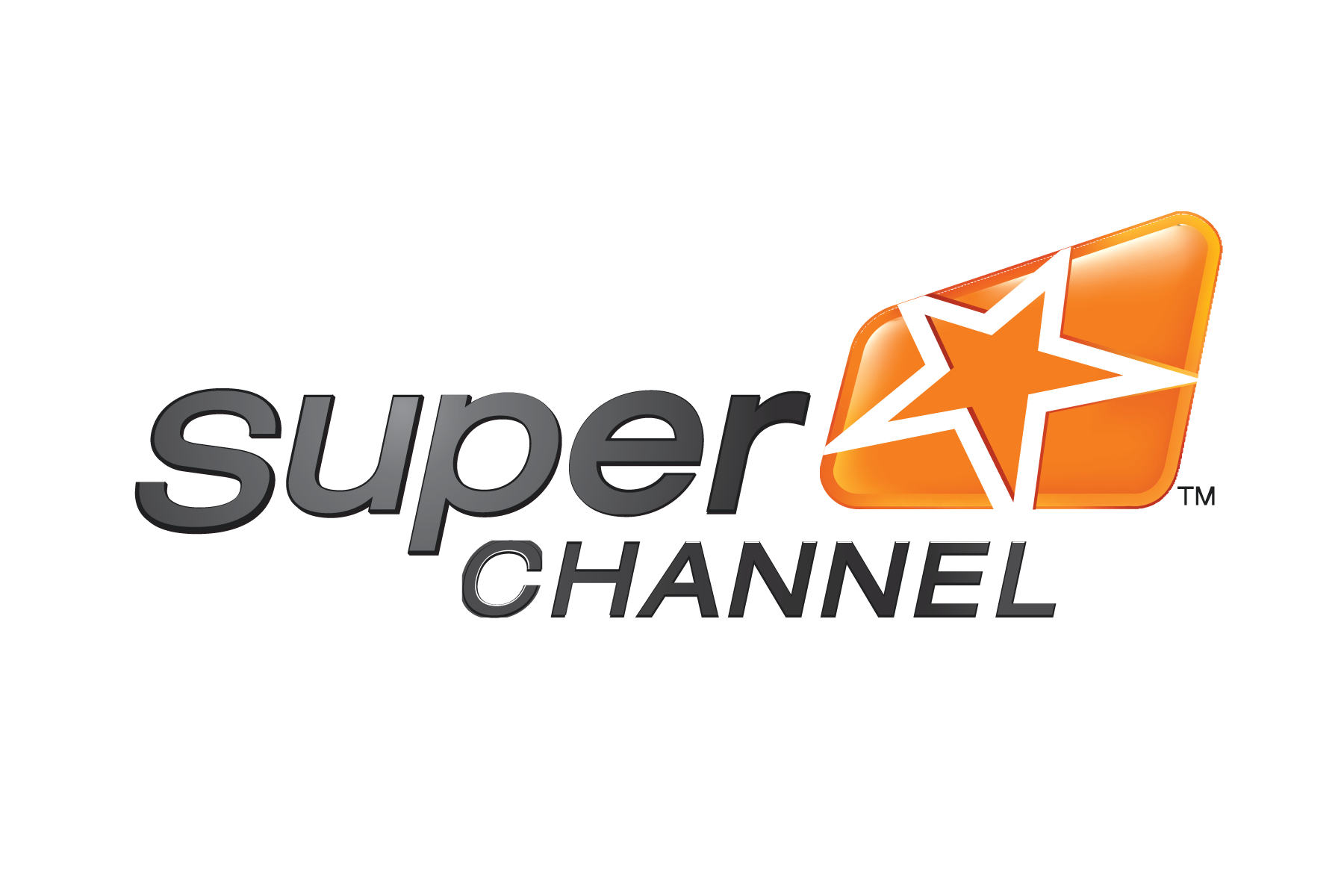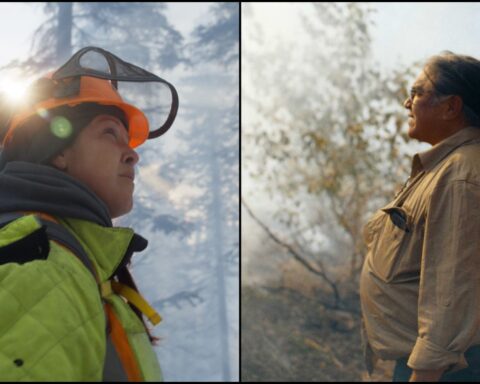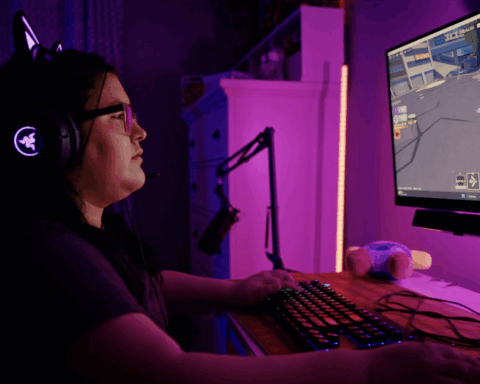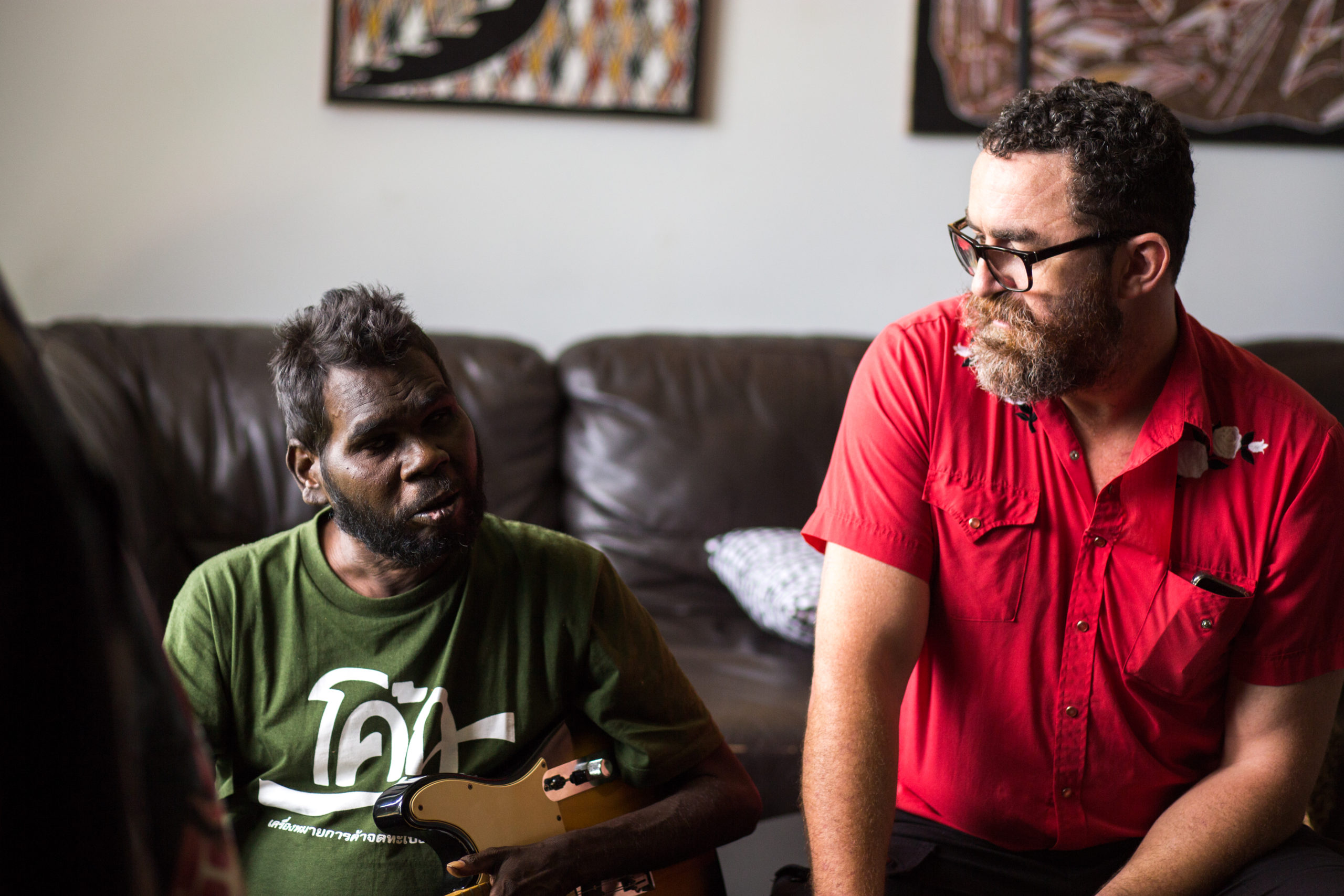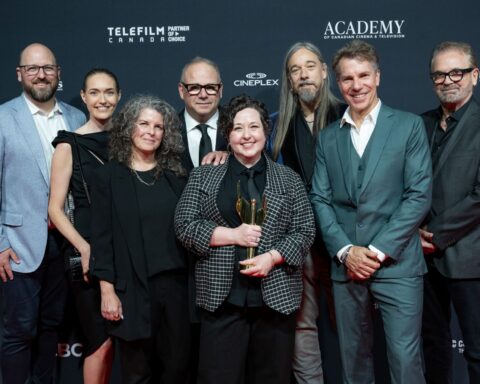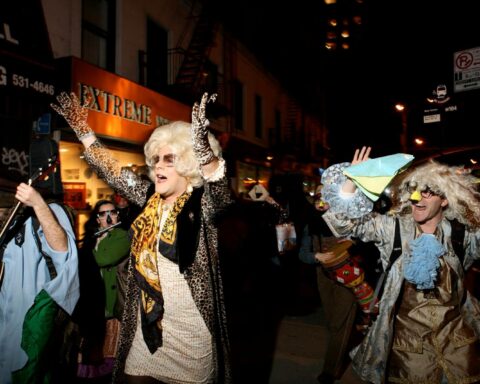The saying “Fool me once, shame on you; fool me twice, shame on me” is probably most remembered for being mangled by former president George W. Bush. In fact, this old Chinese proverb (or Italian, depending on whom one believes) perfectly captures the saga of the 10-year-old upstart satellite and pay-TV service Super Channel. For surely if anything in our current media landscape is over-saturated with both shame and shamelessness, it has got to be the current pleading for a licence renewal by Super Channel.
By way of a backstory, let me share a personal anecdote. In 2012, my business and creative partner Allan Novak and I got an order from Super Channel for a documentary series of eight half-hour episodes. Our first challenge was trying to secure interim financing. Super Channel had a profitable success on its hands, being the first to license the broadcast of Homeland in Canada, so they were flying high. Nonetheless, we couldn’t get interim financing, because no institution would bank their contract with us. For the uninitiated, this means that the usual institutional lenders who extend lines of credit to production companies on the promise of money coming in from signed deals with networks all said “forget it!” Super Channel and its parent company, Allarco (based in Edmonton), had gone through bankruptcy protection just two years after the channel’s 2007 launch. They rose from the ashes, restructured and started commissioning again, but still the finance world was chastened: Super Channel was not a secure bet. Their signed contracts were worthless in the eyes of the banks.
Luckily, our personal and production company’s combined assets allowed us to leverage existing bank products. More worrisome, though, was our discovery of how Super Channel does business. Unlike pretty much every media platform ’caster, Super Channel doesn’t pay…in a timely way. In fact, their way of doing business has only gotten worse in recent years, causing a number of alarm bells to go off before the CRTC in the current proceedings.
My partner and I were lucky. In 2013, when we fully delivered the series, we were paid out. Most networks usually have contracts that pay a portion of their licence fees on signing the deal with the producers, then another chunk when principal photography starts, then again at rough cut, fine cut, and a last bit when finished programs, along with their paperwork and stills, are delivered and accepted.
That isn’t how Super Channel generally does business, and documentary filmmakers, especially since 2013, have been the most exploited. Doc makers work long and hard to secure funding that never really covers the countless hours of research, writing, filming and editing that they do. They are grateful for a Super Channel licence in a parched landscape that has few independent documentary windows and funding partners. So, they take the scraps. Yet the cost is very high. Filmmakers are willing to risk making a film or drama series by carrying the debt and only getting paid long, long after the program is delivered and broadcast because the fact is, that’s what Super Channel does: they pay nothing until long after a programme has been delivered.
It would be an understatement to say this is unheard of. Only in a buyers’ market of enslaved creators could such outrageousness prevail.
But we all collectively sucked it up, so desperate are we for a window—any window—to show our work to a wide audience. And Super Channel’s programming was indeed stellar, including some 90-or-so older hits and original commissions such as TIFF and Hot Docs premiers All Governments Lie, Hurt and Tempest Storm. This made hating them that much harder. Glorious launches notwithstanding, we were all—filmmakers, taxpayers, government culture bureaucrats and producers—enablers to a dreadful set of conditions.
We were not the only ones participating in this sham. The Canada Media Fund (CMF) administered an envelope of monies for Super Channel, allowing their licences to trigger both top-up funds and investments, and they did so knowing full well that banks weren’t helping producers with cash flow and that licence fees weren’t actually paid until long after delivery of content.
The second part of Super Channel’s shame dance occurred when, after a licence renewal in 2013, it filed again for bankruptcy protection in 2016. Still, the CMF kept playing along. But this time there was some serious blood on the floor. At the time of the protection order, parent company Allarco was supposed to honour some 135 programme licence agreements, for everything from dramas to documentaries. They terminated at least 59 of these contracts, which saved Allarco about $1.5 million at the time. If a producer or filmmaker had used their house as collateral at the bank, in spite of a “deal” with Super Channel, it was bye-bye house, or pay the juice, or pray you weren’t part of the 59 disclaimed agreements.
In this mess, 34 documentaries were left in various states of limbo. Some were entirely left in the lurch. As the Documentary Organization of Canada (DOC) noted in its recent intervention to the Channel’s current licence renewal, of these 34, only 5 were offered “between 6 and 48 cents of the dollar out of $191,499 which was owed to them by [Super Channel],” and, out of these 34, 17 productions were disclaimed as “unsecured creditors [who] will be paid nothing of the $1,255,329 in licence fees owed to them.”
The remaining 13 were obliged to finish their films, but who knows if they ever will get paid for them. In any case, “approximately 1,055 people working on these productions have been affected by the [Super Channel] bankruptcy.”
That’s the “fooled me twice, shame on me” part. It got a bit more twisted, though, because shortly after these 17 productions were left high and dry, with significant personal and corporate debt, Super Channel turned around and started… buying programmes again! Just not Canadian ones.
Before the CRTC hearing this spring, Super Channel is trying to make its licence renewal an “administrative” one, i.e. one that won’t go before a public hearing. Utterly shameless. Most of the interveners—the Writers Guild of Canada, the Directors Guild of Canada, the Canadian Media Producers Association, DOC—are demanding an open hearing with in-presentation interventions.
It gets worse. Super Channel not only wants a 5-year licence; they want to buy less Canadian content, not pay for any drama development and stick to the same business practice of not paying up front for any of it. All interveners are fighting that and demanding not a five-year but a three-year licence, with strict oversight on business practices (usually something the CRTC is loath to do, though the Broadcasting Act does give them power to do it).
If Super Channel doesn’t have the foresight to cash-flow their own business, and if they can’t honour their deals, they shouldn’t have a performance envelope at the CMF, and, dare I say, they shouldn’t have a licence at all. I know this is a tough thing to say in this desperate climate where filmmakers are anxious to get stories paid for and made. But enabling such behaviour is worse.
It’s worth focusing on this stuff not merely as an illustration of how belittled documentary production in Canada has become, but also because it’s instructively symptomatic of how ineffectual the CRTC has become, and how the Broadcasting Act has been permitted to be held in such contempt by nearly all stakeholders.
Fool me a third time, shame on both of us.




